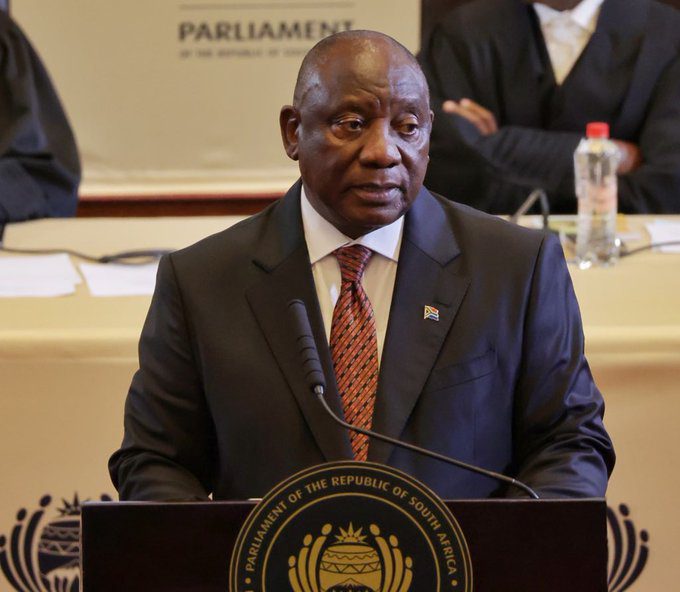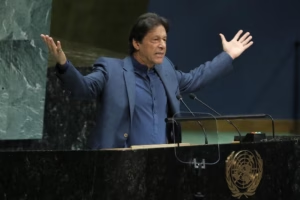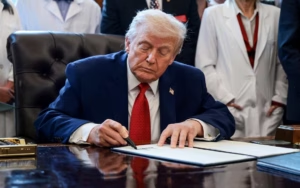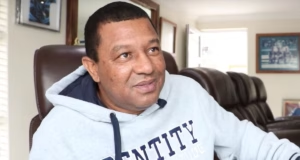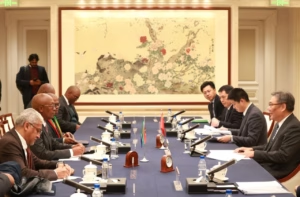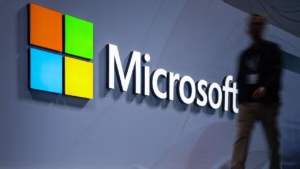President Cyril Ramaphosa commenced his annual State of the Nation Address (SONA) on Thursday evening at Cape Town City Hall with a solemn tribute to 14 South African National Defence Force (SANDF) members killed during recent clashes in the Democratic Republic of the Congo (DRC). Reflecting on South Africa’s democratic legacy, he invoked the 70th anniversary of the Freedom Charter’s adoption in Kliptown, framing it as a foundation for modern constitutional values.
“We stand for our shared humanity, not for the survival of the fittest. We want a nation united in its diversity,”
he declared, urging national cohesion amid global geopolitical shifts, including tensions with the United States and its allies.
Ramaphosa outlined three pillars of the Government of National Unity’s Medium-Term Development Plan: inclusive economic growth, poverty alleviation, and building a capable state. While acknowledging progress in job creation, he stressed the urgency of addressing systemic poverty.
“To support this growth, we are investing in skills development for the industries of the future,”
he said, highlighting plans to expand support for small and medium enterprises (SMEs), which sustain millions of households. The president also emphasized innovation, proposing venture capital funding for tech start-ups emerging from tertiary institutions.
Infrastructure development remains central to economic revival, with over R940 billion earmarked for projects over the next three years, including R375 billion from state-owned enterprises.
“This funding will revitalise our roads and bridges, build dams and waterways, modernise our ports and airports, and power our economy,”
he stated.
Despite persistent load-shedding, Ramaphosa defended his administration’s energy action plan, calling the grid’s trajectory “positive” despite constraints. He reiterated the need for functional state-owned entities like Eskom to serve socioeconomic goals.
Addressing the suspension of U.S. funding for HIV and TB programs, Ramaphosa confirmed South Africa’s fiscal preparedness:
“This funding accounts for about 17 percent of our country’s HIV spend. We have been able to provide funding from our fiscus for our HIV and TB programmes over the years.”
The government plans to allocate R20 billion annually over five years to black-owned and small businesses. Public procurement reforms will prioritize women, youth, and persons with disabilities. Concurrently, labour force development for the green economy will be accelerated, aligning with global sustainability trends.
Ramaphosa pledged to redevelop underutilized state properties for affordable housing and expedite title deed distribution for subsidized homes. Regulatory reviews aim to streamline low-cost housing development, including backyard dwellings.
On crime, he directed the police ministry to intensify efforts against firearm-related violence. The Detective Service will expand by 4,000 personnel, supported by advanced surveillance and analytics tools. Sixteen additional sexual offences courts are slated for establishment in the coming fiscal year.
While celebrating progress, Ramaphosa tempered expectations:
“We have much to do and much more work needs to be done to end poverty in our country.”

